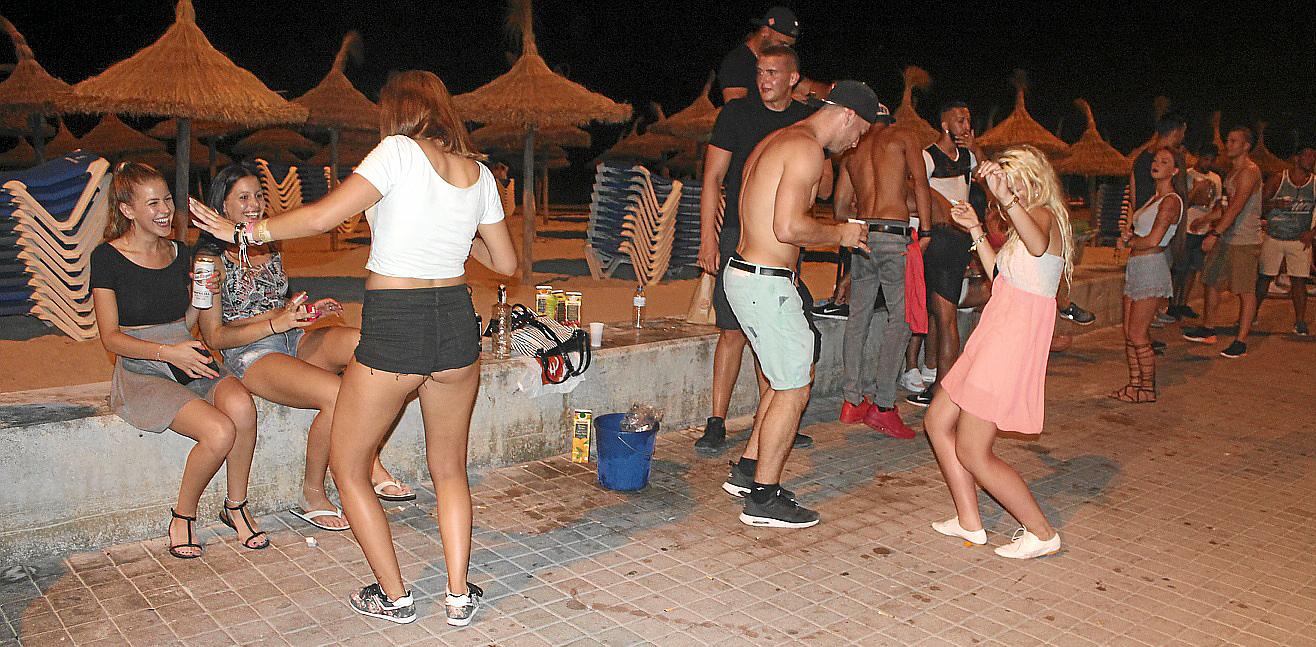The bylaw did not sit well with everyone, as aspects of it were considered to be an infringement of civil liberties. The ordinance in fact covered some fifty separate items. On many of these, such as illegal selling, there would have been agreement, but the sheer scope of the bylaw was one reason why the Balearic High Court decided last week to declare the ordinance void, the Federation of Residents' Associations in Palma having taken the matter to court. Specifically, the court ruled that the town hall was exceeding its powers in line with state law as it existed at the end of 2013.
The current town hall administration, which was obviously not responsible for the bylaw's introduction, has expressed its concern at the implications of the court's decision, as have others, such as the association for nightclubs and the association for smaller retailers, Pimeco. Its president, Bernat Coll, has noted that the ordinance contained provisions against things that the association considers important, e.g. illegal street selling, vandalism and graffiti.
Coll was also confused, as have been others, by a statement by Teresa Palmer, the national government's delegate to the Balearics, that the ruling does not create a legal vacuum. The town hall is seeking clarification on this and is waiting for a meeting to discuss this and also the involvement of the National Police in ensuring compliance with the law. Meantime, it has said today that it will abide by the court's decision but will, in one specific instance, be reverting to a bylaw that was introduced in 2011: one to do with the street drinking "botellón". Under this, the town hall is to create "special intervention zones", one of which will be Playa de Palma, the implication being that the police will have strengthened powers to act against the anti-social behaviour associated with street drinking (which, it might be noted, doesn't only include the streets but also beaches and so groups of tourists engaged in binge-drinking sessions).
Neus Truyol, spokesperson for the town hall administration, has, meanwhile, called for explanations from the Partido Popular (which introduced the civic ordinance) regarding the repercussions of the application of a bylaw that has been declared void because it exceeded town hall powers. "It is serious to not respect the law and abuse the rights and freedoms of residents."


No comments
To be able to write a comment, you have to be registered and logged in
Currently there are no comments.